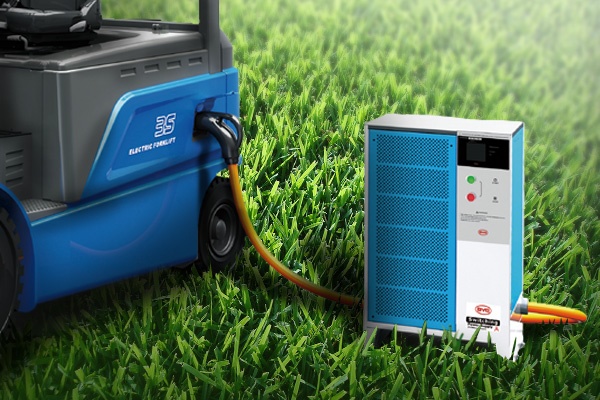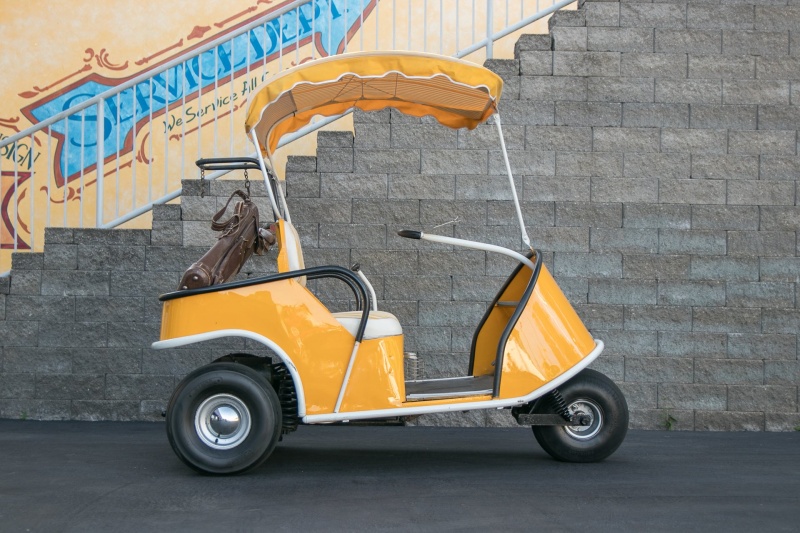FOR Household ESS
IMPROVE Powerwall ESS which is a new product of energy storage system. It is a compact household battery. Your solar energy can be stored for backup protection and also reduce your reliance on the grid The energy is 5kwh/unit. Home ESS systems can be combined in parallel.
View More
for Energy Storage Pack
IMPROVE - Lithium Iron Phosphate Battery (LiFePO4) have higher energy density and service life, which makes them an alternative to lead-acid battery products. An excellent choice in any industry. At the same time, we can customize according to unique needs.
View More
FOR Cabinet Type ESS
IMPROVE Cabinet Type series is a safe and versatile lifepo4 battery solution. It has been developed to offer power back-up for remote or outside telecommunications plants like Accessibility Terminals, Base Transceiver Stations, Base Station Controllers. The battery pack is compact, allowing multiple parallel configurations in the battery pack.
View More
FOR Golf Cart & Forklift
Use IMPROVE Lithium Iron Phosphate (LiFePO4) battery for your Golf Cart, allowing you to enjoy the best freedom and comfort in golf No more worrying about battery life. IMPROVE's Golf Cart Lithium Batteries offer huge energy reserves, are significantly lighter in weight, are easy to install and last much longer than lead-acid batteries.
View More

- High-quality products: We use superior materials and advanced manufacturing processes.
- Customized services: We offer tailored solutionsData to meet the specific needs of our customers.
- Excellent customer service: We prioritize customer service and offer professional technical support and after-sales service.
Our Partners


























